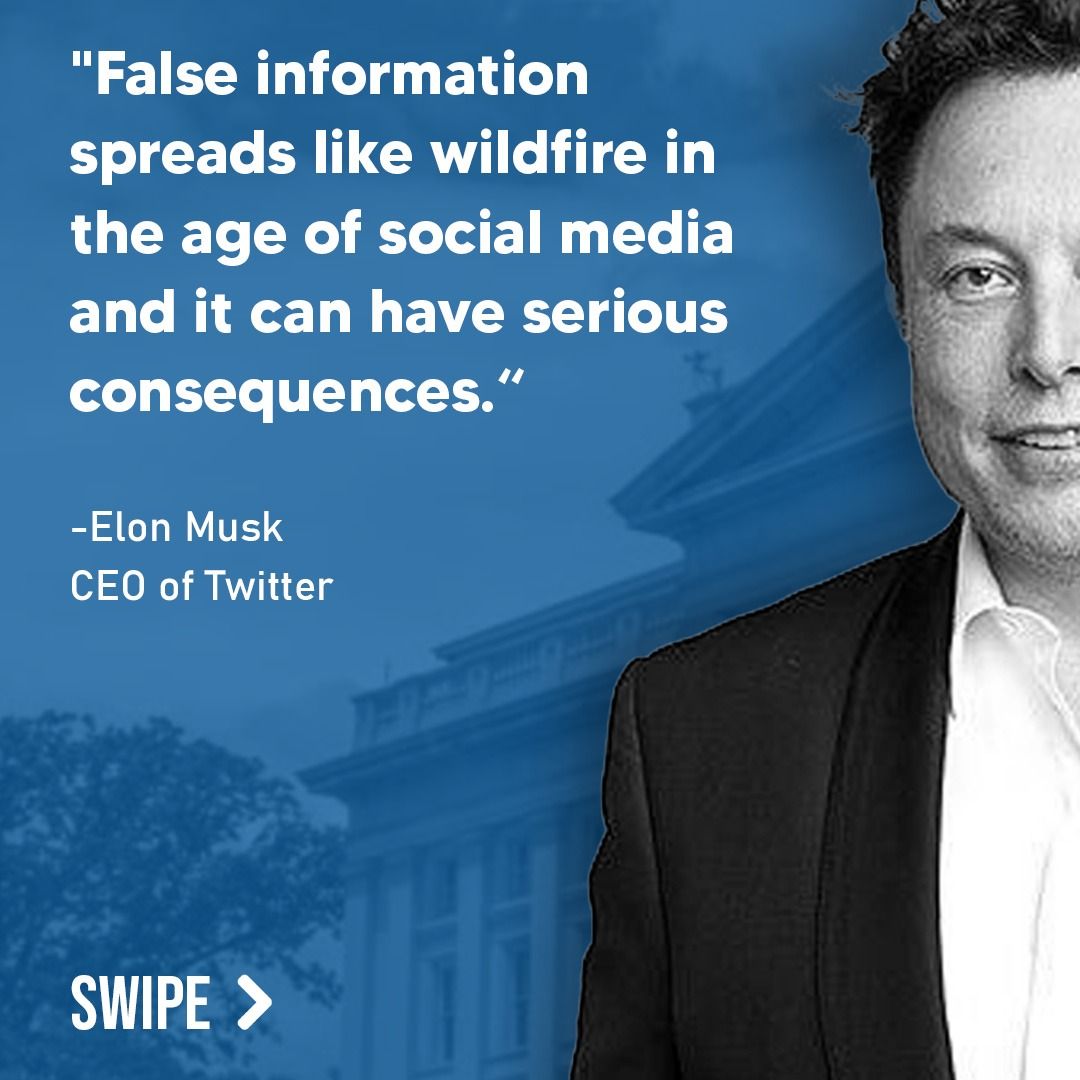
Introduction
The article in question attracted user attention due to its mention of a car bomb that killed a senior Russian general near Moscow, raising concerns about Ukraine’s involvement. The information provided was framed within the broader context of ceasefire talks between Donald Trump, Volodymyr Zelenskyy, and Vladimir Putin. We performed an extensive fact-check to verify claims made in the article and specifically address the user’s inquiry about Ukraine’s responsibility for the general’s death.

Historical Context
Russia’s invasion of Ukraine in February 2022 marked the largest conflict on European soil since World War II. Despite multiple efforts at mediation, including Western sanctions and peace proposals, heavy fighting has continued. Accusations and targeted strikes on both sides have been common throughout the conflict, including high-profile assassinations and sabotage operations. Against this backdrop, diplomatic efforts have been fragile and often complicated by acts of violence or political tensions.

Fact-Check of Specific Claims
Claim #1: “The Kremlin blames Ukraine for a car bomb that killed a senior Russian general near Moscow.”
According to the Guardian article, the Kremlin accuses Ukraine of orchestrating the car bomb attack. However, official Ukrainian government channels have made no comment on the incident. Independent verification of Ukraine’s involvement is currently lacking. According to Reuters and CNN, while Ukraine has been linked to sabotage actions inside Russian territory before, no direct evidence confirming responsibility for this specific attack has been presented publicly. Therefore, while the Kremlin’s accusation exists, the claim that Ukraine is definitively responsible is unverified at this time.
Source: Reuters

Claim #2: “Most major points of a US peace proposal to end the war have been agreed upon.”
The article cites Donald Trump stating that “most of the major points are agreed to” concerning a peace proposal. However, multiple reputable sources, including The New York Times and BBC News, reveal lingering substantial disagreements between Ukraine, Russia, and Western allies — particularly regarding the status of occupied territories like Crimea. While talks are reportedly progressing, suggesting that “most major points” have been conclusively agreed upon appears misleading and overly optimistic given the ongoing complex negotiations.
Source: New York Times

Claim #3: “The US is proposing that Russia retain the territory it captured, including Crimea.”
This statement accurately reflects information published by Reuters. As leaked documents reveal, the US tentative peace proposal may accept Russian control over territories captured during the ongoing conflict, which includes areas annexed post-2022 and Crimea (annexed in 2014). This proposal has been met with strong opposition from Ukraine and its European allies. Thus, this claim in the article is verified as accurate.
Source: Reuters

Claim #4: “Trump criticized Putin heavily on social media, showing deteriorating relations.”
The article describes President Trump posting strongly worded criticisms of Putin’s missile strikes on civilian areas. A review of Trump’s official Truth Social account confirms these posts, where Trump expressed disapproval of the Russian strikes and urged an immediate peace settlement. This matches independent reporting by Bloomberg and NBC News, validating the article’s characterization of Trump’s comments towards Putin.
Source: Bloomberg
Conclusion
Overall, the article provides a generally accurate overview of recent diplomatic efforts between the US, Ukraine, and Russia, while clearly noting uncertainties where they exist. However, the claim about Ukraine’s responsibility for the car bombing of a Russian general remains unverified; the Kremlin’s accusation should not be equated with proven fact without independent confirmation. Additionally, the article slightly overstates the progress of peace negotiations. While some language borders on optimism, it does not constitute major misinformation. Readers should exercise caution in interpreting accusations without corroborating evidence.
Encourage Readers to Take Action
Have a question about another news article? Discover answers faster than ever. Download the DBUNK app today and stay informed. Follow us on social media for daily fact-checks and updates!
Original article can be found here: Visit The Guardian Article

